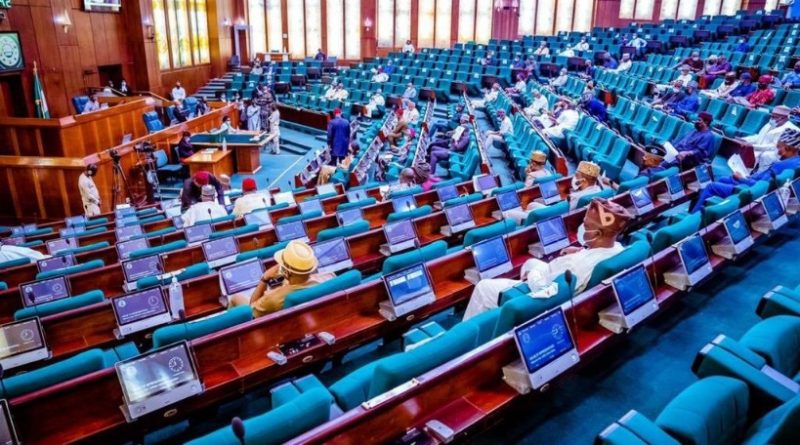Reps advance bill to include VAT in exclusive list
The House of Representatives has advanced a constitutional amendment bill seeking to clarify taxation powers among the federal, state and local governments, including a proposal to place Value Added Tax (VAT) under the Exclusive legislative List.
The bill, titled A Bill for an Act to Alter the Constitution of the Federal Republic of Nigeria, 1999 (as Altered), to Clarify the Taxation Powers of the Federal, State, and Local Governments; to Define the Scope of Taxes and Levies Collectible by Each Tier of Government; to Prevent Multiple Taxation and Unlawful Outsourcing of Revenue Collection; and for Related Matters (HB.2545), was sponsored by Benjamin Okezie Kalu, the Deputy Speaker, and six other lawmakers. It scaled second reading during plenary on Wednesday.
Among its key provisions, the bill proposes the inclusion of VAT or Consumption Tax as a new item on the Exclusive Legislative List, thereby granting the federal government clear constitutional authority to administer VAT nationwide.
According to a draft legislation of the Bill, this ensures national uniformity, predictability, and a clear constitutional basis for VAT administration by the Federation.
The Bill which comprises four clauses also seeks to provide for the clarification that Stamp Duties collected by the federal government apply only to documents or transactions involving a corporate body, while Stamp Duties arising from transactions by individuals fall within the jurisdiction of States.
The propsoed law also prohibits the outsourcing of tax collection to private entities; e introduce a ceiling to the maximum number (of nine) of taxies, levies or charges that may be imposed on income, consumption or property of a person in a year; and streamline taxation by Local Government Councils and to strike out redundant or overlapping taxing powers so as to prevent harassment of traders, artisans, and small businesses at the local level.
Leading the debate, Kalu described the bill as a necessary step to bring “order where confusion reigns” and to “create clarity where overlaps have persisted.” He said the proposed amendment seeks to ensure that every naira raised, shared or spent by government is “traceable, lawful, and transparent.”
Read also: Tinubu seeks Senate confirmation for Doro as new minister
“The fiscal architecture of our federation has, over time, become congested and conflicting. Multiple taxes and levies are imposed at different tiers of government, often on the same taxpayer. Revenue agencies overlap, creating inefficiencies and litigations over collection rights, as seen in the disputes over Value Added Tax, Stamp Duties, and Personal Income Tax”, Kalu said.
He added that the bill aims to restore fiscal discipline, reduce duplication, and promote efficiency across government levels by addressing persistent disputes between federal and state authorities on revenue collection, particularly around VAT.

